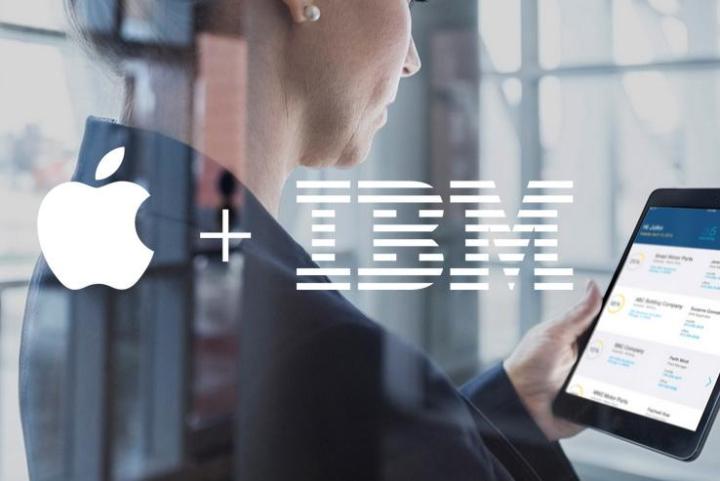
Apple and IBM announced last year they were joining forces to push into the corporate sector in a big way. The strategy involves building and distributing at least 100 enterprise apps by the end of this year, as well as offering enhanced cloud computing services to business customers.
The move is a bid by the Cupertino company to sell more of its mobile devices to corporate clients, with IBM helping to introduce its products to its own customers around the world. IBM, meanwhile, is working to optimize its cloud services for iOS, including device management, security, analytics, and mobile integration.
By combining their skills and experience, the pair hope to take on established rivals in the sector such as Hewlett-Packard, Dell, and Oracle.
One of the new apps, called Hospital RN, “frees staff nurses from multiple pagers and phones, and gives them the ability to access any patient’s records from anywhere in the hospital,” Apple says on its website.
In total, the pair have so far created iOS apps for 10 industries, among them finance, law enforcement, transportation, and retail.
While Apple is still shifting millions of its iPads, the sales trend for the device is downwards. By working with IBM and switching its attention to the corporate world, the Cupertino-based company is hoping to drive more sales of its tablet, as well as its smartphone.
As part of its push into enterprise, the tech firm is also expected to be prepping the launch of a huge, 12.9-inch tablet that could be popular among certain industries where a larger screen would be beneficial.
In addition, reports toward the end of last year suggested Apple had hired a dedicated sales team for approaching potential customers across a range of industries.
Perhaps not surprisingly, Apple’s major rival in the mobile space – Samsung – is also hoping for a piece of the corporate pie, partnering with BlackBerry to offer improved Android security for business users, and last month launching Samsung Business, a dedicated brand designed to unify the Korean company’s end-to-end business solution portfolio.
[Source: 9to5Mac]
Editors' Recommendations
- Everything you need to know about the massive Apple App Store outage
- The iPhone’s new Journal app is worse than I thought
- Apple is adding a brand new app to your iPhone with iOS 17
- Apple cracks down on ChatGPT apps with harsh age ratings
- The EU is preparing an App Store change that Apple won’t like


